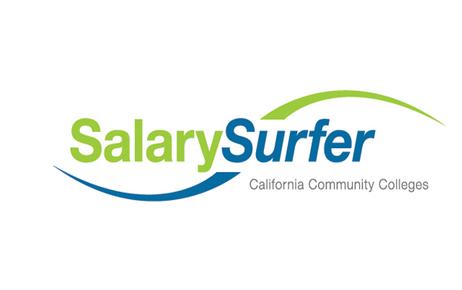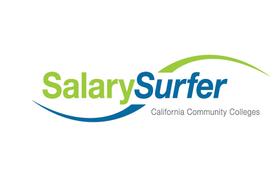As of April 2021, the unemployment rate in the United States was 6.1%, according to the U.S. Bureau of Labor Statistics. While numbers have significantly improved over the past year, there were still an estimated 9.8 million people unemployed – this is compared to a 3.5% unemployment rate with 5.7 million unemployed persons in February of 2020. Though the job market is slowly recovering, 2021 college graduates will need to be patient and flexible as they start their job search.
The COVID-10 pandemic caused millions to lose their jobs and many to start working from home. While some companies have started to transition back to in-office work, many processes are still being carried out virtually – including the hiring process. As a community college graduate, you may find your job search looks different than graduates who came before you.
Read on to learn some simple tips for finding a job and how to ace a remote job interview.
10 Simple Job Search Tips for Graduates
Even in a non-pandemic year, graduating from community college and looking for a job can be stressful. Your first job out of school may not be your dream job, but it’s a steppingstone in the path that leads to a successful career. Though things are certainly improving, the economy isn’t what it was a year and a half ago and the job market hasn’t fully recovered.
With millions of jobseekers out there, your job search may be a little longer and





















